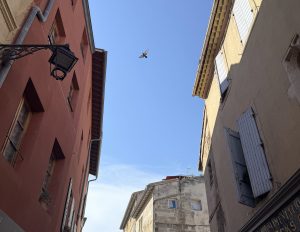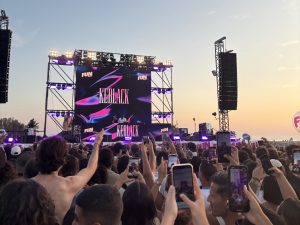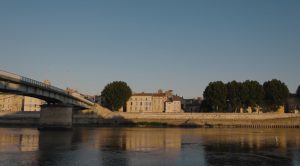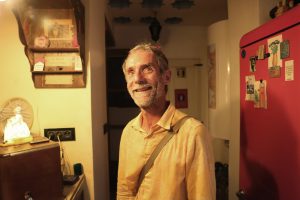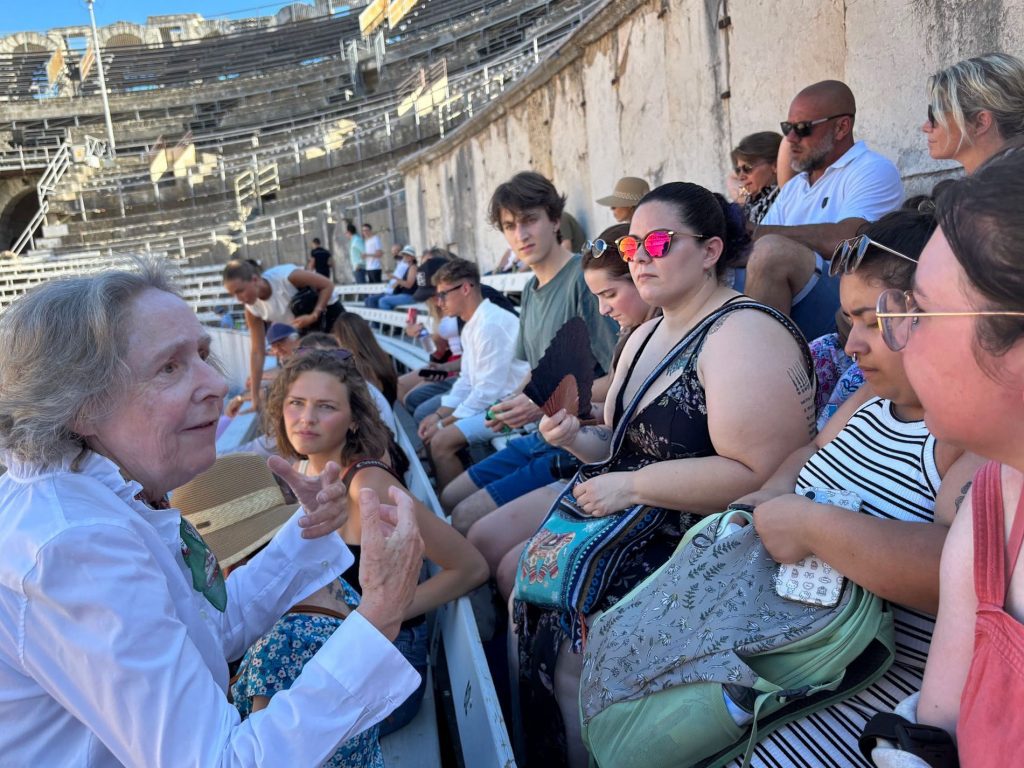
The writer and colleagues from The Arles Project get a crash course in bullfighting from aficionada Marie-Anne Devaux. From left: Devaux, Annika Trost, Danny Pottharst, Sarah Naccarato, Keri Azevedo, Griselda Garcia and Bella White. Photo by Victoria Medina.
Text by Keri Azevedo
I have always lived my life behind the lens. Even before smartphones made photography accessible to everyone, I carried first film, then digital, cameras with me everywhere I went. I see the world in frames and angles and light and what could make a great shot. But when I’m behind the camera, I watch life unfold in front of me, subconsciously avoiding active participation.
With the rise of smartphones and social media, I’ve realized I am far from the only one who uses their device as a buffer between themselves and the world around them. It has become a tool to deal with anxiety and insecurity, a way to avoid interaction.
We’ve all seen someone (or been the person) who whips out their phone while waiting on a train or nervously sitting at a restaurant, waiting for their party to arrive. There are countless YouTube videos of walking and scrolling fails- trips and falls that become viral moments of laughter instead of cautionary tales.
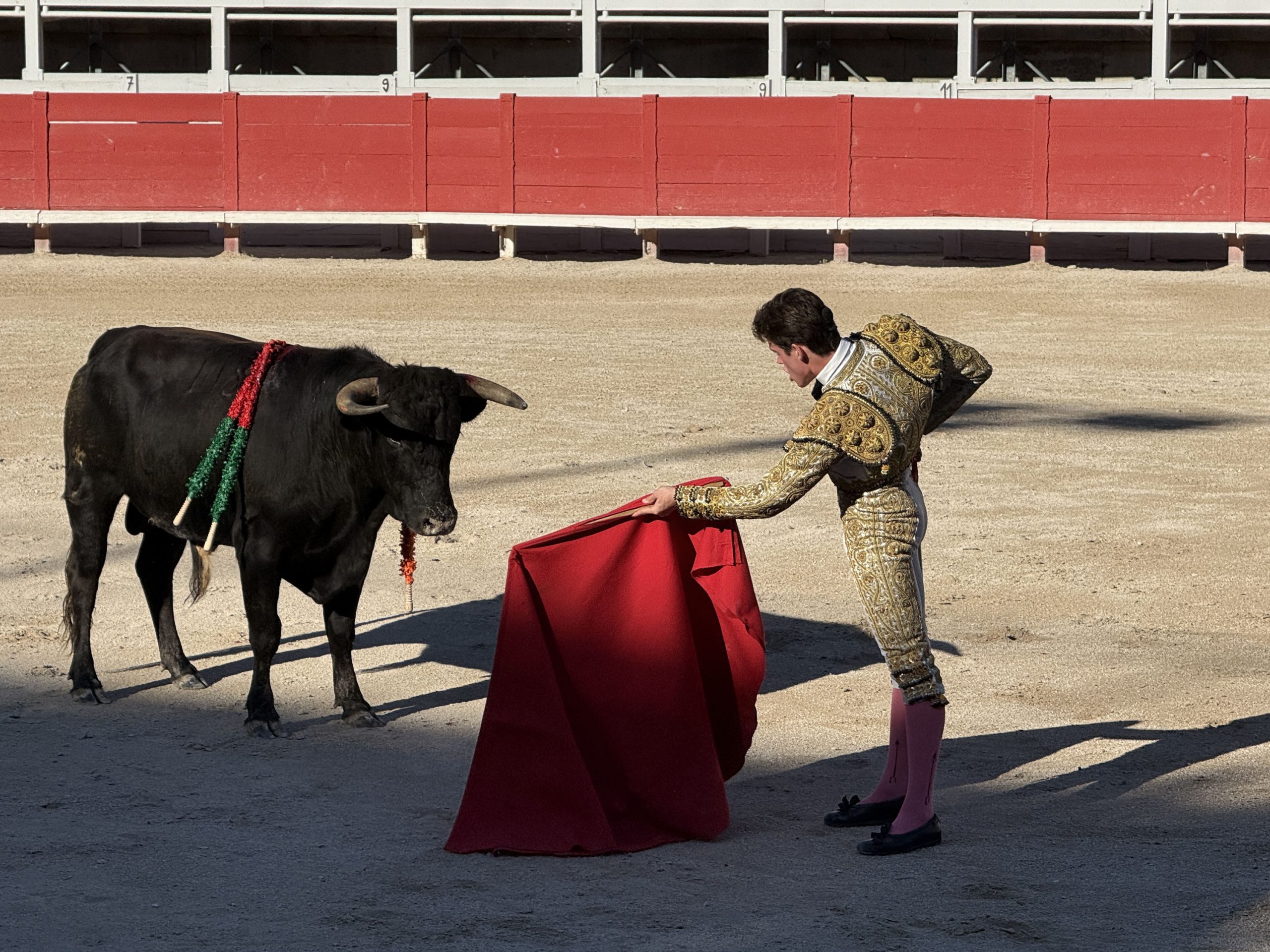
We have become so dependent on screens as a means of comfort, that we have become uncomfortable in our surroundings. This superficial solace has caused us to neglect our instinctual situational awareness, and I fear this could cause us more harm than the discomfort of being perceived in public. When we travel, we don’t do so to learn, or to fully embrace the culture around us, or to connect with the locals.
We plot vacations based off Pinterest boards and Instagram posts; it’s the modern-day version of keeping up with the Joneses, but now it comes with the dopamine that likes and clicks provide. We barely learn the language; why would we? A.I. lives in our pocket and has made it so we don’t even have to try. We don’t allow ourselves to get lost; Google Maps keeps us neatly on track.I can’t even begin to imagine all the things that we will never find, physically, mentally or spiritually, because we don’t allow ourselves to stray from the little blue line. We have forgotten how to function without a phone in hand.
Last year, I traveled to Thailand with the intent to put the devices down and focus on enjoying the experience. The tech detox was imperative to my mental health, but left me without evidence of a spectacular adventure to look back on 10, 20, 40 years down the road. I have photos of breathtaking temples and landscapes, but my (instinctual and, in this case, intentional) aversion to being the subject of a photo, as opposed to the maker of one, left me with nothing to prove that I had done sunrise yoga in the jungle. Or was blessed by a monk after a grueling, leg-burning, fifteen-hundred stair ascent up a mountain. Or that I had my hands wrapped, worked pads, and sparred with professional Thai fighters.
So, how does one reconcile documentation and experience? It’s a tightrope I have yet to balance and a question to which I have no answer. My time in France is a little trickier than the average travel experience. I am here as a journalist, on assignment. It is my job to document. I’m tasked with finding the story and capturing images that support it. Often I struggle to find footing while I wobble and teeter in the slack. But when I catch myself nose-deep in my phone, I make a point to pause, and ask myself the question, “Am I more concerned with what’s on my screen than what’s going on around me? “The conscious act of pause is often more than enough to provide the answer, “yes,” and a clue to put the phone away and enjoy the company and/or scenery..
